

We recently had the chance to connect with Emily Spencer and have shared our conversation below.
Good morning Emily, it’s such a great way to kick off the day – I think our readers will love hearing your stories, experiences and about how you think about life and work. Let’s jump right in? Who are you learning from right now?
I learn the most from the small ones, including the bright children I get to work with. I learn from great people of many cultures and backgrounds, who are my colleagues, neighbors and friends. I am learning from my kind, gentle nephew who is incredibly resilient. I am learning from a remarkable blind woman, who “sees” the best in everyone and every situation. I am learning from a faith leader full of hope and optimism, who recently taught that the best gifts to give this Christmas include the gifts of love, forgiveness, and sharing precious experiences with others.
Can you briefly introduce yourself and share what makes you or your brand unique?
I am a musician, scholar, educator and community advocate who is professionally active in Salt Lake City. I have served on numerous boards for music and arts organizations, currently serving on the editorial committee of the Bulletin, the journal of the International Kodály Society based in Hungary. I have organized and assisted with many interfaith events, and one of my favorite projects this year was the unique and historic Palm Sunday Celebration at the Salt Lake Tabernacle, where I assisted with planning and interfaith outreach. I also recently organized a community event for children to discover the pipe organ, which took place at St. Mark’s Cathedral. I stay busy with grassroots community work, and recently helped re-elect a government official who is a national leader in mental health and suicide prevention.
Great, so let’s dive into your journey a bit more. What’s a moment that really shaped how you see the world?
Years ago, I was serving as a missionary for my church in Amsterdam. The congregation there was half black and half white, and I was thrilled to witness this happy blend of European and African cultures. Included in the church community were African refugees who had recently fled terrible war conditions. I listened with soberness to their stories, which were punctuated by tragedy and suffering that far exceeded anything I had experienced or could imagine.
One evening, one of these families invited us into their home, seating us at their table, feeding us, and sharing with us their rich and beautiful African traditions. They lived in very humble circumstances, which made their service to us even more meaningful. It was Christmastime, and we were filled with a desire to give something to them in return. We ourselves had little money, so we decided we would give them our bicycles. I will never forget the look of joyful surprise, even shock, on the teenage daughter’s face on Christmas morning; she was overwhelmed with gratitude at the unexpected gift, never imagining she would own a bicycle.
Though we were now missionaries without bicycles, our hearts were glowing as we walked around the city, happy and energized by the joy of giving. I learned that sometimes the best way to help others feel God’s love is to notice and meet their needs, giving something that will ease their burdens, making someone’s challenging life a little easier. These beautiful African people filled me with a desire to live a deeply purposeful life and somehow make a real difference in the world.
What did suffering teach you that success never could?
In the Ray Bradbury classic “Something Wicked This Way Comes”, a father suffers as he watches his young son drowning in a river and is unable to save him, not knowing how to swim. Ultimately the boy survives because another man, a loving and heroic friend and neighbor, jumps in to rescue him. I relate deeply to this story. I once watched a young child being mistreated, and like Bradbury’s father, I desperately wanted to save the boy, but could not, because I didn’t have the means, resources, or life experience. I suffered inside at the inability to rescue someone I deeply loved.
At a later point in Bradbury’s story, the boy and his friend are once again in danger, but this time the now-seasoned father succeeds in saving both of them—love, wisdom and strength blossom from the the wound of his past painful experience, empowering him. In a beautiful cycle of service, the young friend whom he also saved happened to be the son of the father who dived in to rescue his own boy years earlier. This story of suffering has a happy ending; in the words of Shakespeare, “Alls Well that Ends Well”.
The suffering I have experienced from watching a child mistreated and later metaphorically drowning has become my “why”—my purpose in life—as I seek to find likeminded people of compassion and inner strength who are also driven by the desire to protect, rescue and heal others. Like Bradbury’s two neighbors, we are most successful as rescuers and healers when we join forces and work together. I may be able to help your loved one, and you may be able to help mine.
Alright, so if you are open to it, let’s explore some philosophical questions that touch on your values and worldview. Where are smart people getting it totally wrong today?
In an ancient story, Samuel was tasked with choosing the next king. He selected what seemed the obvious choice—the man who was first in line and was tall. But his choice was totally wrong and a divine voice reproved him, saying “look not upon the height of his stature”. He was instead pointed toward another man who was smaller but had a pure heart. Another saying goes, “sometimes big leaders come in small packages”. In choosing future leaders, co-workers or friends in today’s spheres of life, louder is not always better, bigger is not always best, and appearances can be deceiving. When we set aside popular opinions and cultural biases, we can find and get to know the “hidden gems” that may be hiding in plain sight—selecting a great leader who, like the noble king Arthur of Britain, is able to pull the sword out of the stone because he has a pure and humble heart.
Okay, so let’s keep going with one more question that means a lot to us: Are you doing what you were born to do—or what you were told to do?
When I was a little girl I had a great deal of intellectual curiosity, and would sneak into a corner of my house with my set of encyclopedias, digging into my serious work as a “researcher”, reading and writing up reports on various topics. I was embarrassed to show my writings to others and I hid them, thinking this was not a normal pastime for a little girl. However, my voracious study soon paid off, and I was named a valedictorian of my class in my senior year of high school. I was offered the usual valedictorian’s privilege of giving a speech, but chose instead to say a prayer to begin the graduation ceremonies. Not long before the event, I was informed that I would be in the spotlight of a national controversy. As I looked down at the sea of news cameras pointed at me on graduation day, I felt overwhelmed by the spotlight my unique decision had put me in. Yet I held fast to the direction of my inner compass, and I prayed for my classmates. A shy person, I again felt overwhelmed as I saw myself on many news stations. Some of my peers celebrated me, and others met me with hostility and criticism.
It’s ok to be the crayon outside of the box. We sometimes march to the beat of a different drummer when we are doing what we were born to do. As the years went on, I learned to celebrate my unique gifts rather than hide them in a corner, and to stay true to my values and principles even when I was met with extreme resistance from others. I likewise respect the rights of all people to speak and express themselves, to be who they choose to be, even when their viewpoints differ from my own.
Contact Info:
- Website: https://www.emilyespencer.com/
- Instagram: https://www.instagram.com/emilyespencer/
- Facebook: https://www.facebook.com/emily.e.spencer
- Other: https://www.iks.hu/home1/bulletin.html
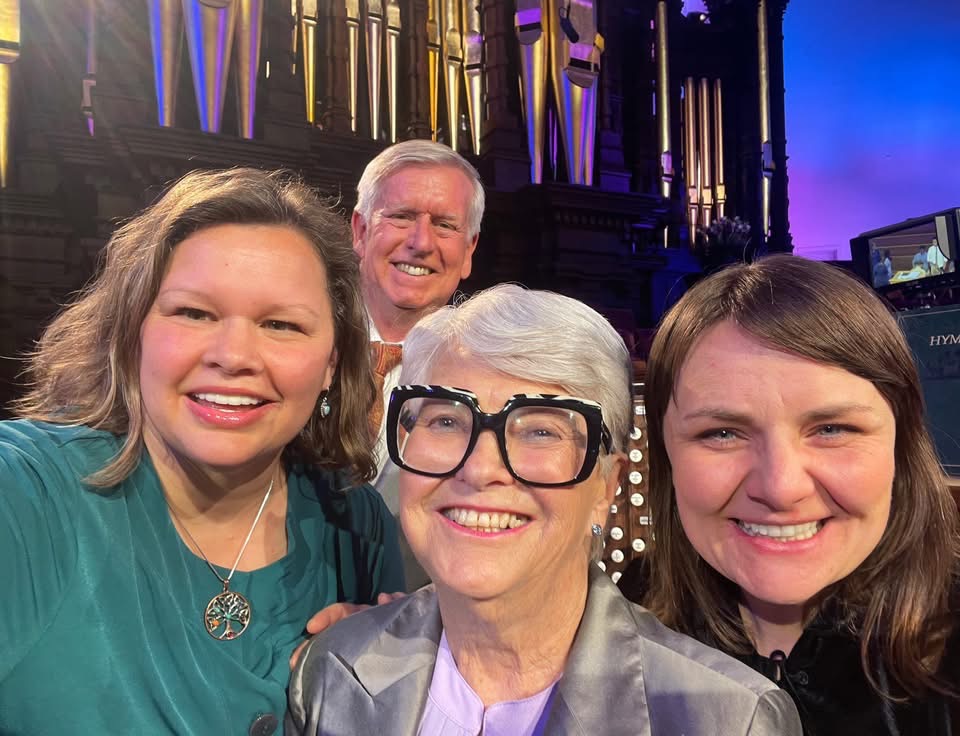
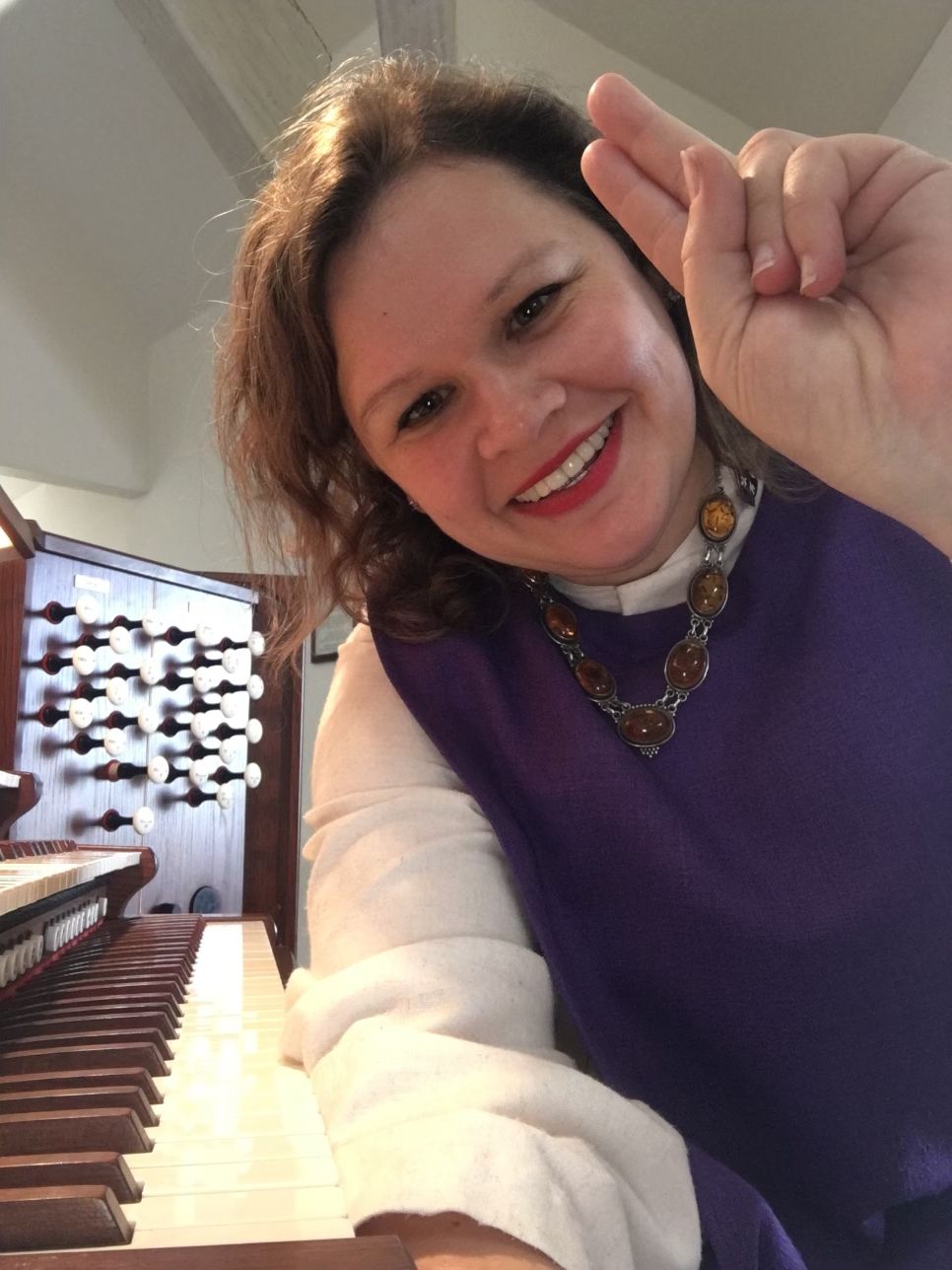
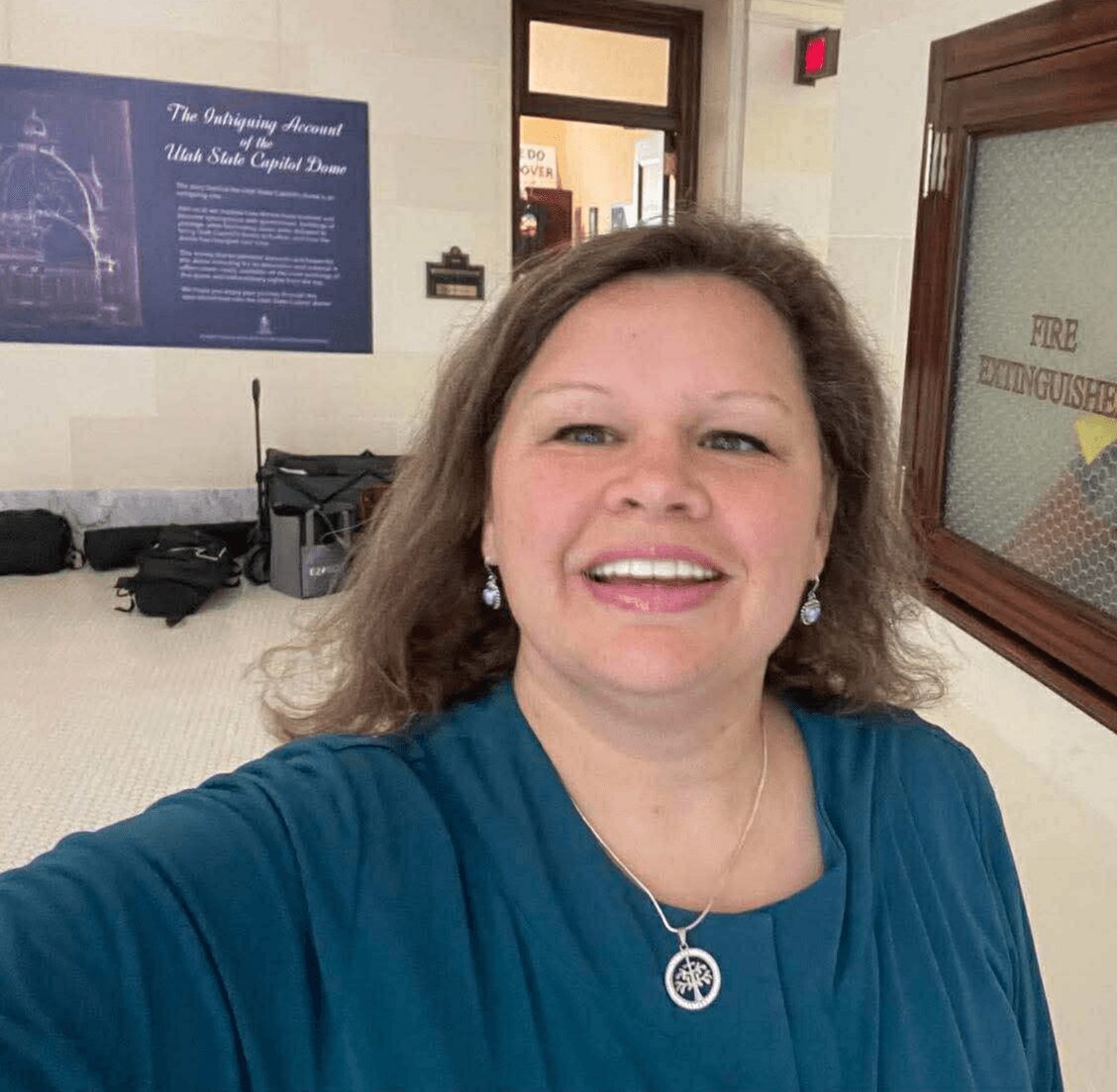
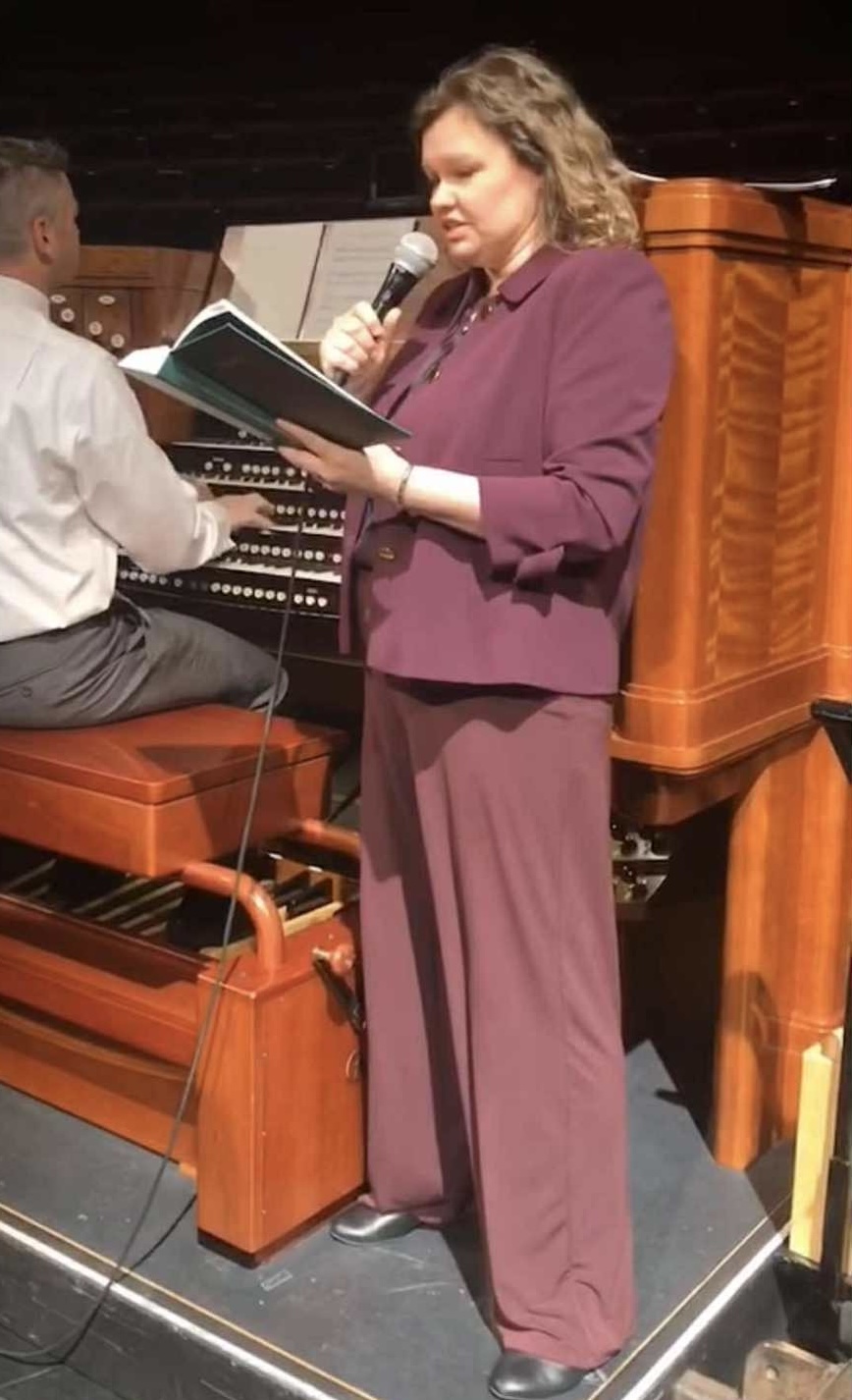
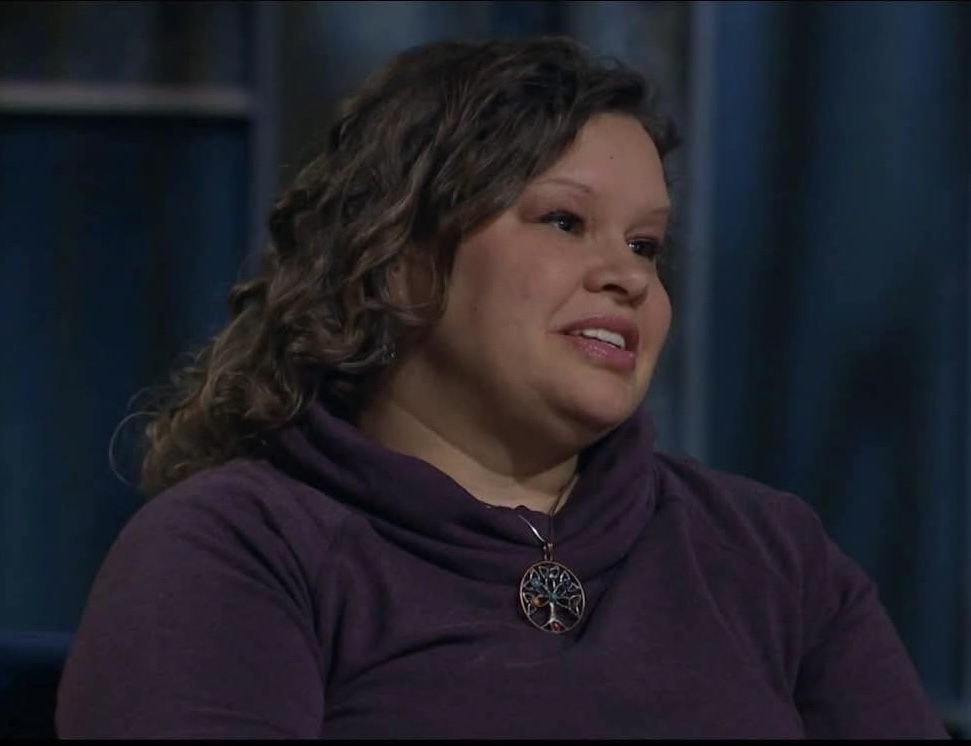
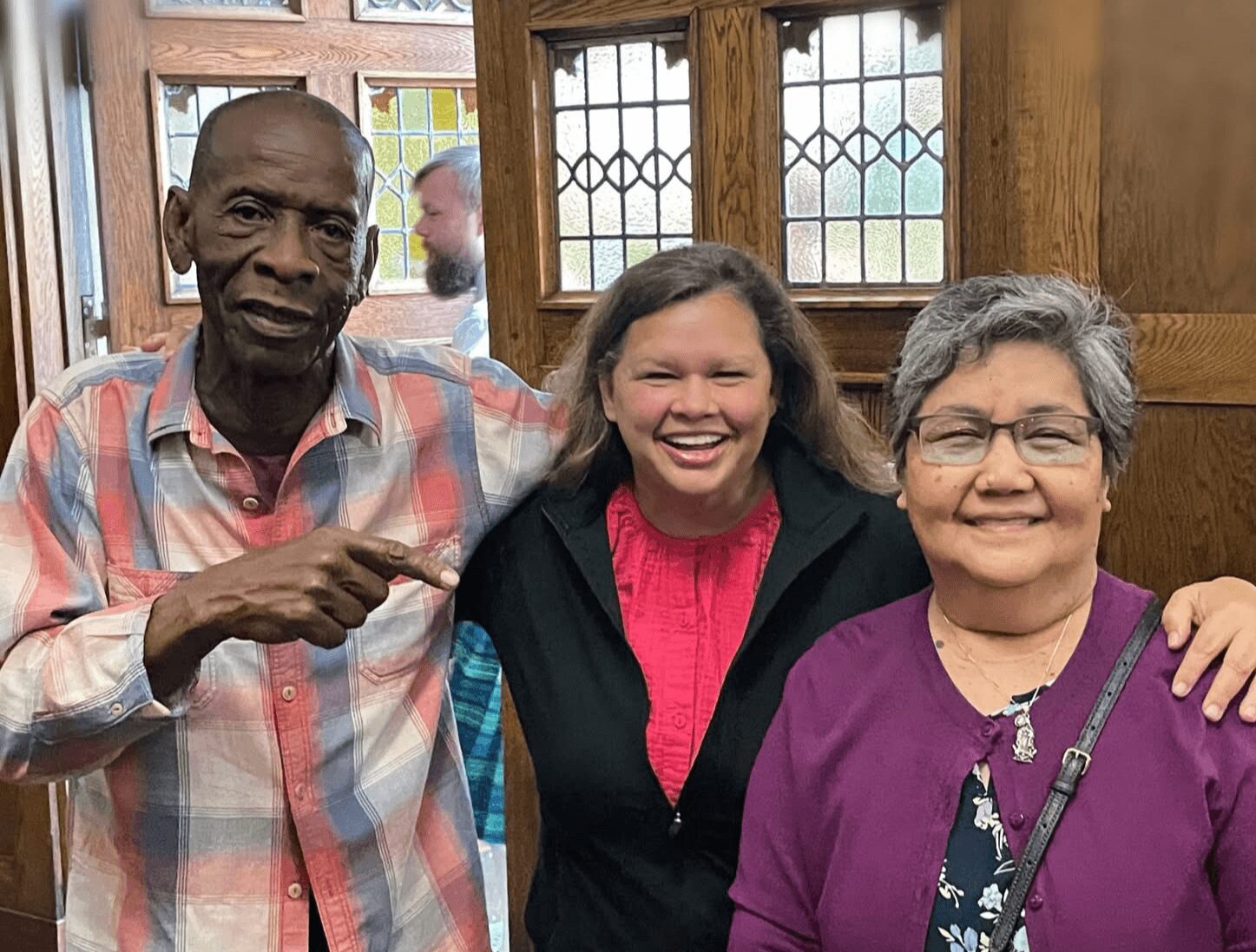
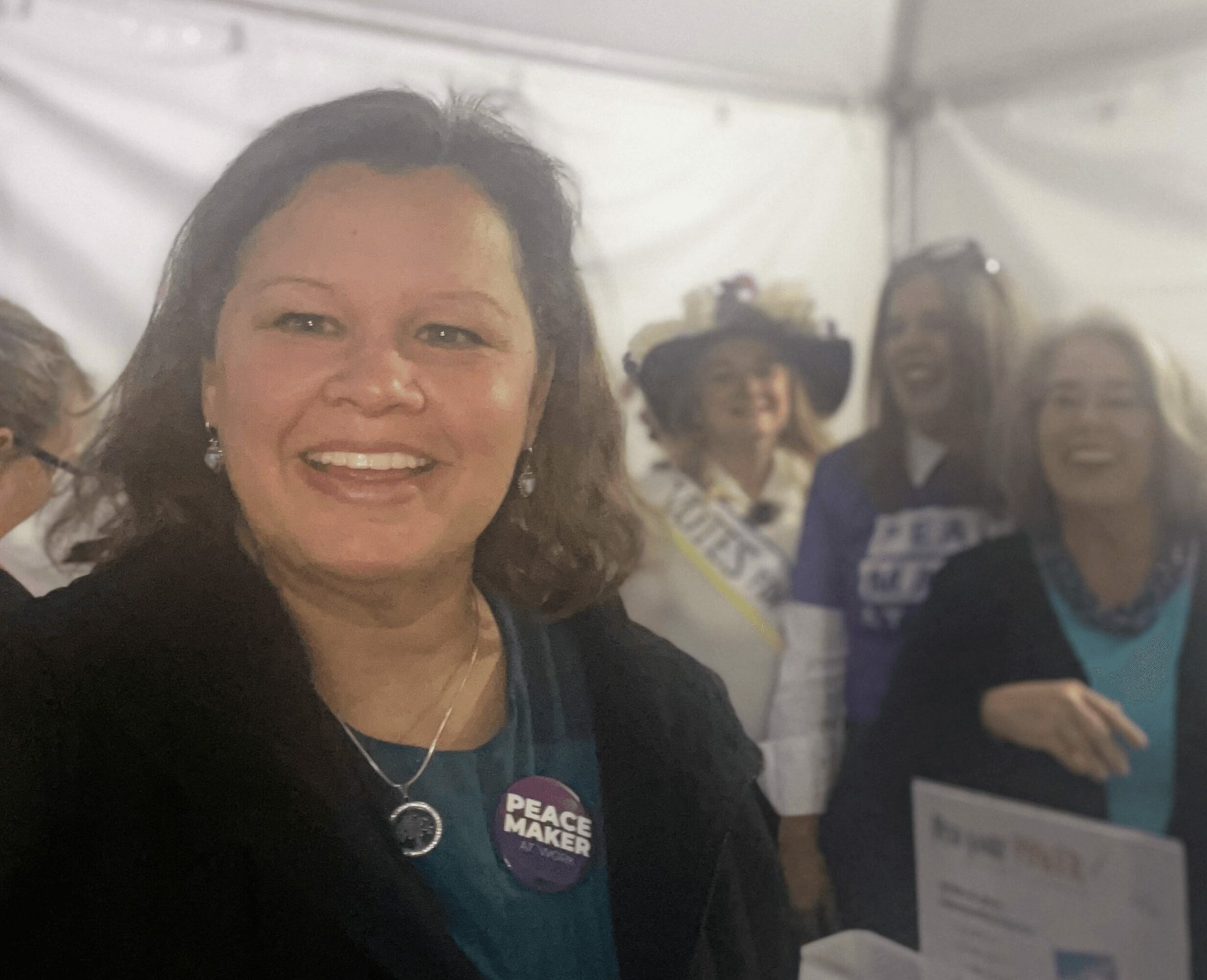
Image Credits
@terracooperphotography











